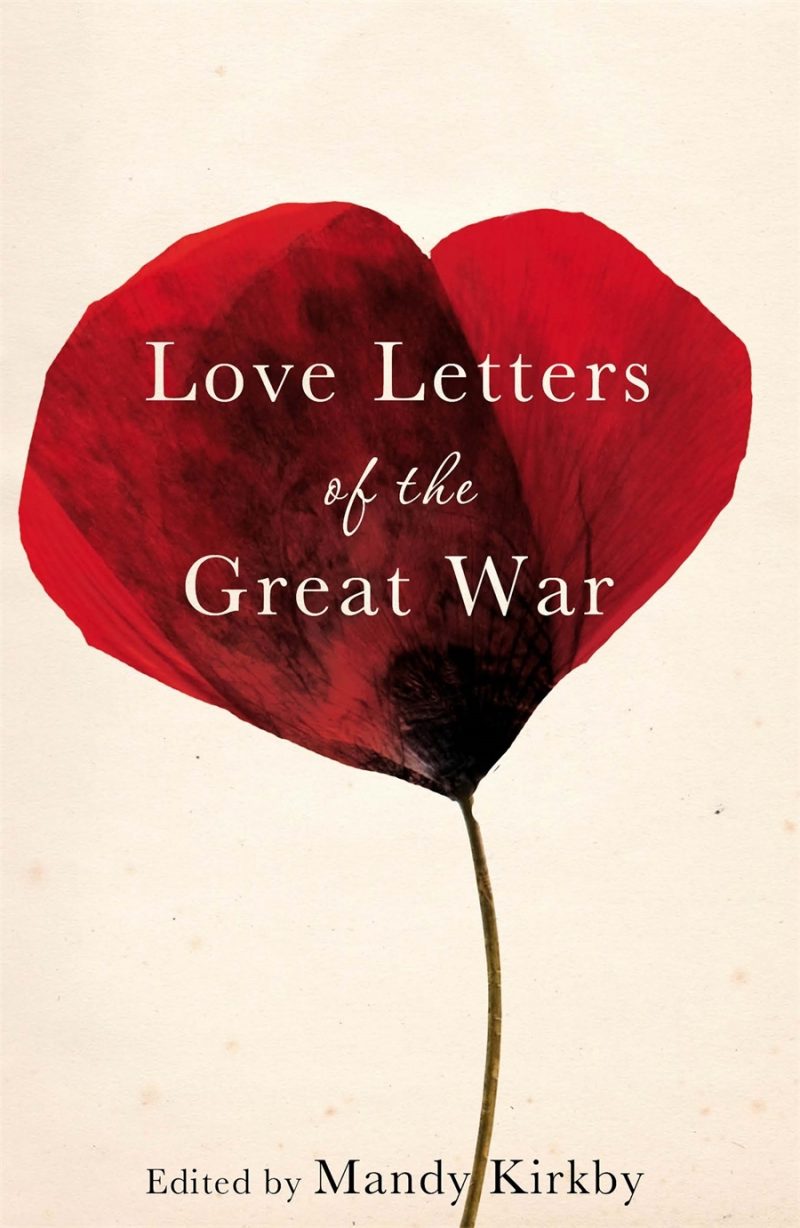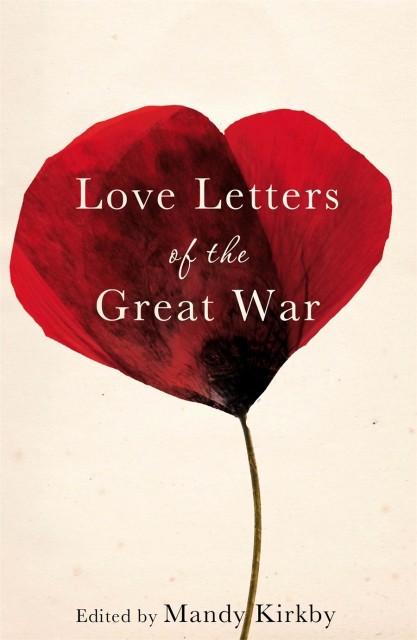Inevitably, the next four years will play host to a flood of new books on the Great War. Some for the regular enthusiast, others for the newly reminded, but all of great interest and benefit to the memory of those that fought in what we all know to be the war that changed the modern world. But unlike later conflicts, World War One arguably has a mist surrounding it, one of elusiveness and distance that is only heightened with the passing of the centenary. Put simply, less veterans of the First World War wrote memoirs than those of the Second, less gave interviews – people chose to lock it away and move forward. After all, it was the war to end all wars.
It is only now in 2014 that the BBC decide to show the huge archive of interviews with veterans, after the initial run in 1965 was met with little public interest. The end product is that while we do have first-hand accounts, the majority of books on the subject are centered on battles, places and politics, pieced together by historians from scattered oral histories and official records.
Love Letters of the Great War however, is both a welcome and heartbreaking counter to the formality of most publications. The war poetry of Wilfred Owen, Siegfried Sassoon and their peers are already lovingly accepted as emotional accounts of a horrific war, but letters it would seem are often overlooked. Any regular consumer of war related news will know that letters from the trenches are often discovered, sometimes unsent, more often not received, but each uncovering comes with a fanfare of public imagination and romanticism that can rarely be matched.
This book is a compilation of correspondence between the average man in the trenches and his loved ones at home. Husbands, wives, children and parents all desperately seeking a sense of normality as they hastily pass their letters through the five acre wartime Post Office constructed in Regent’s Park, London. Letter writing was encouraged in order to keep moral high and as such 20,000 bags of mail crossed the English Channel every day; letters and parcels from all over the world carrying gifts and news, notes of love, lust, yearning and sadness. Scraps of paper that could act as the bearer of bad news; the wife of a POW informing her husband that she can no longer wait for him and will marry another, or bring happiness and the promise of a future in the birth of a soldier’s daughter conceived on leave and long-awaited. “You will have had the wire by now. Your little daughter is a perfect darling exactly like you…”
Chapters split into compilations of letters dealing with ‘Separation and Longing’, ‘Silver Linings’, ‘Dark Days’ and ‘The Longest Goodbye’ all bring with them distinct feelings of both hope and despair. Soldiers speak of their plans Après La Guerre but in the same letter scribble panic-stricken premonitions of their own blood-soaked fate. Soldiers tell wives to marry again upon their inevitable death. Sweethearts separated by war soon after meeting build relationships in absence, while other long-term marriages attempt to resolve marital problems already in place. Bedridden men confess their love to nurses after years of living without the comfort of a woman and Commonwealth soldiers religiously untouched by a female write love letters of a different kind to their mothers. Most heartbreakingly of all, children send drawings for their father to cover the dirt walls of his trench. A note accompanies each letter describing what is known about the soldier and his eventual fate, which devastatingly often is that he never made it home – the letter later being found on his body.
To anyone interested in the war, these letters provide detailed, poetic descriptions of the battlefield and an almost lyrical layout of the artillery barrages that so badly haunted the daily routine of the men. For those fascinated by the personal lives and emotions of men in the trenches and those that were awaiting their return, ‘Love Letters’ brings something incredibly special. No matter who the recipient is, each letter carries a sense of sadness that even the coldest of readers would struggle to not sympathize with. Loved ones longing for normality, for reconciliation, for things to be how they used to be before the war tore it apart.
Throughout the years of horror, surrounded by death and fear, a soldier could escape the turmoil of war and for the short time he hid himself away with a pen and paper, be at home with his family. Herbert Weisser, a German student of architecture, is preparing to go into battle as he writes to his sweetheart from simply ‘somewhere in Belgium’. He confesses his grand plans for his future as an architect, expresses his frustration at being able to do more for the Motherland with his skilled hand than in the trenches and delicately talks of his crippling fear of death. He seems to be saying goodbye to both his lover and himself, the thought of home consuming him to the point of obsession, conflicted between wanting his wife to move on but to never forget him: ‘…my thoughts give me no peace, they carry me again and again to you”. Herbert was killed soon after in May 1915, another statistic in the Second Battle of Ypres.
Review by John Henry Phillips for War History Online
LOVE LETTERS OF THE GREAT WAR
Edited by Mandy Kirkby
Macmillan
ISBN: 978 023077 283 0

